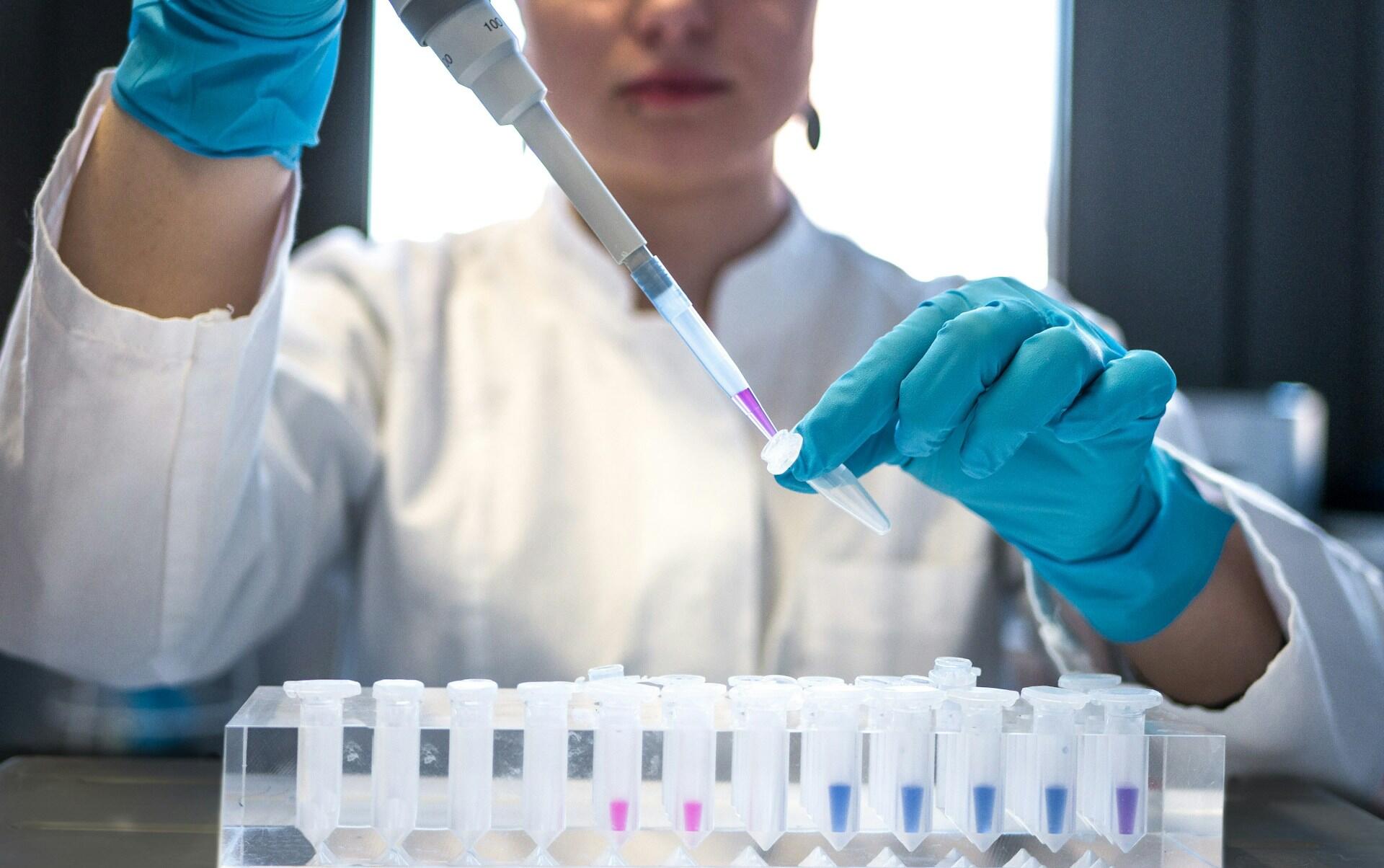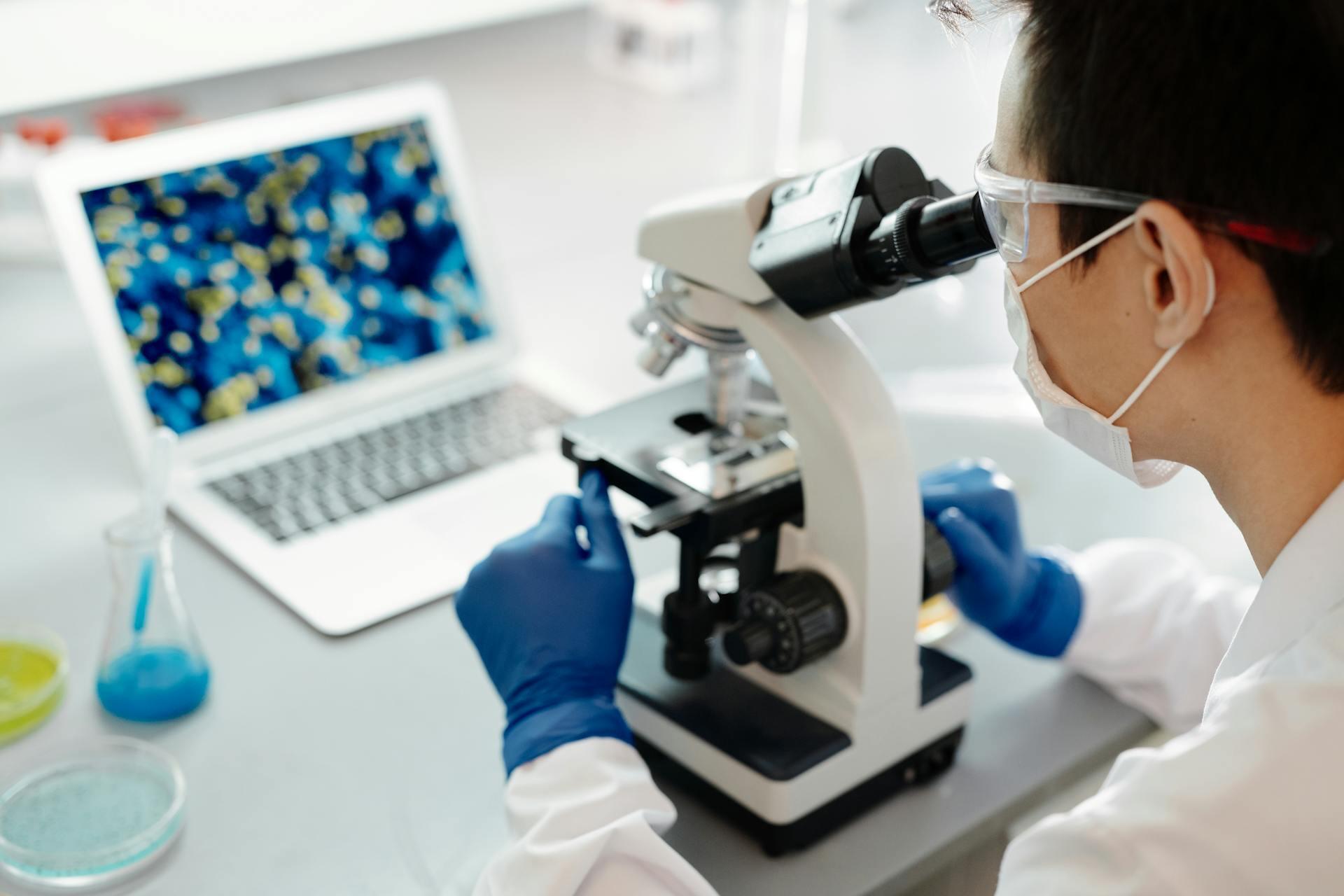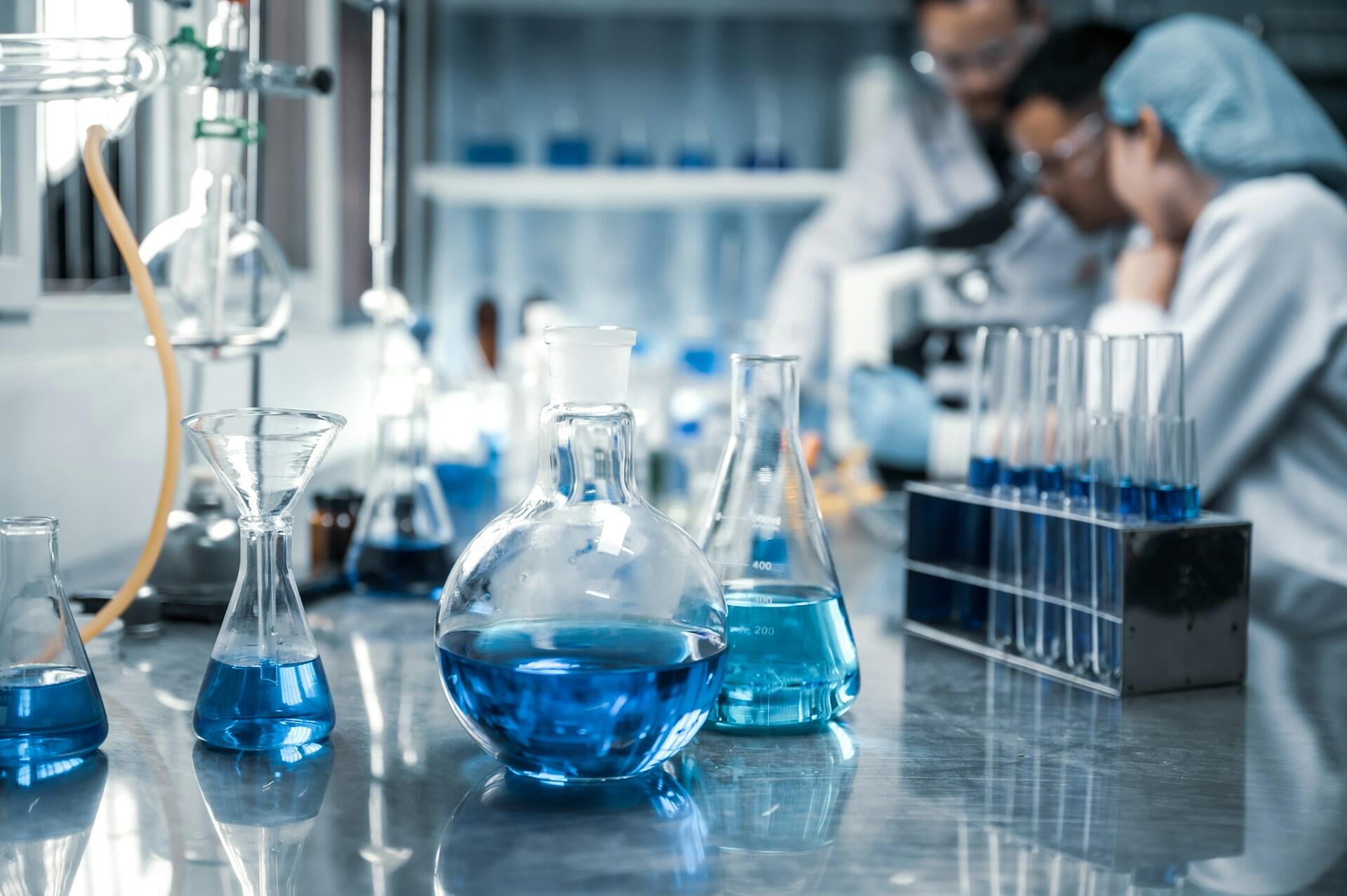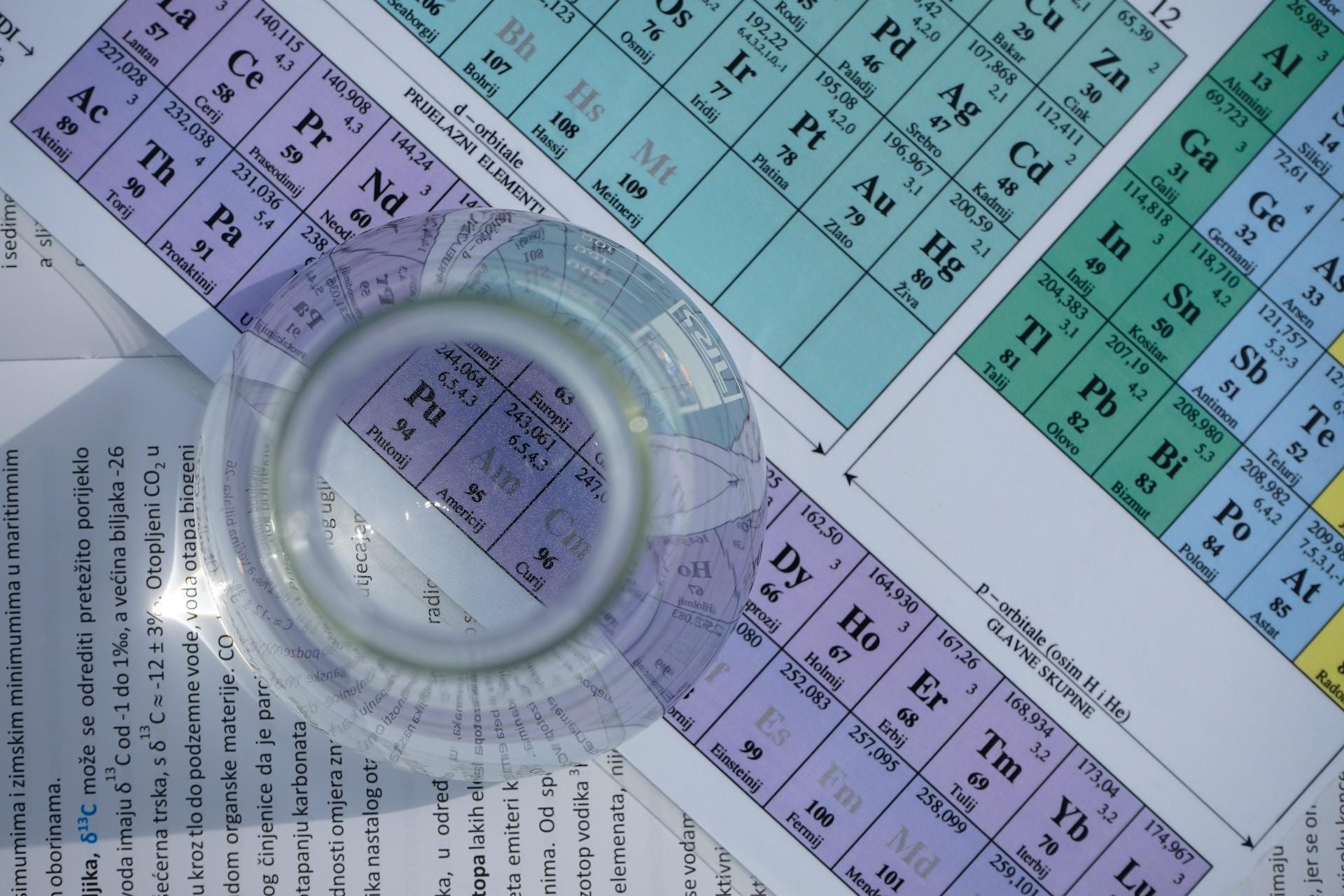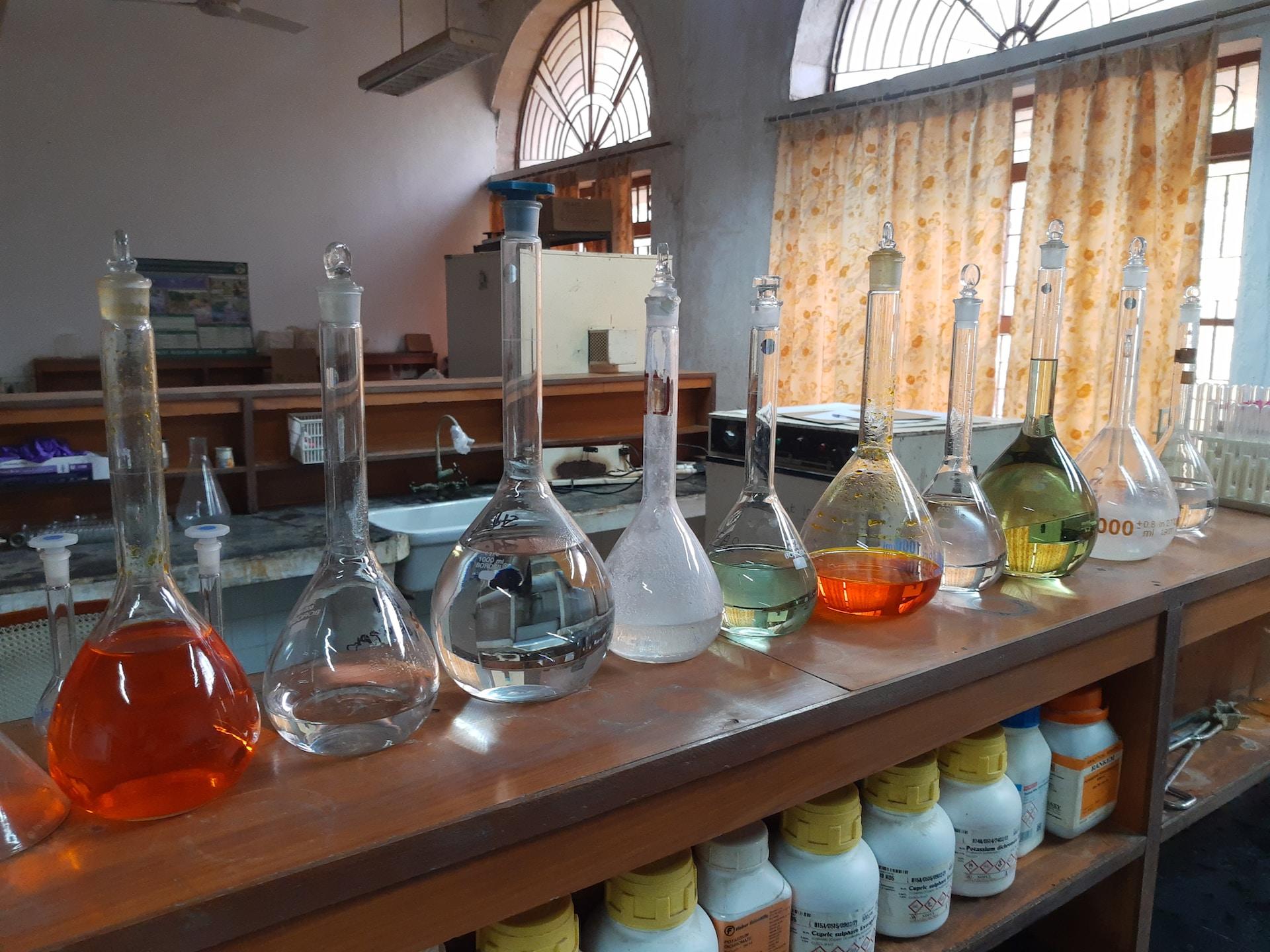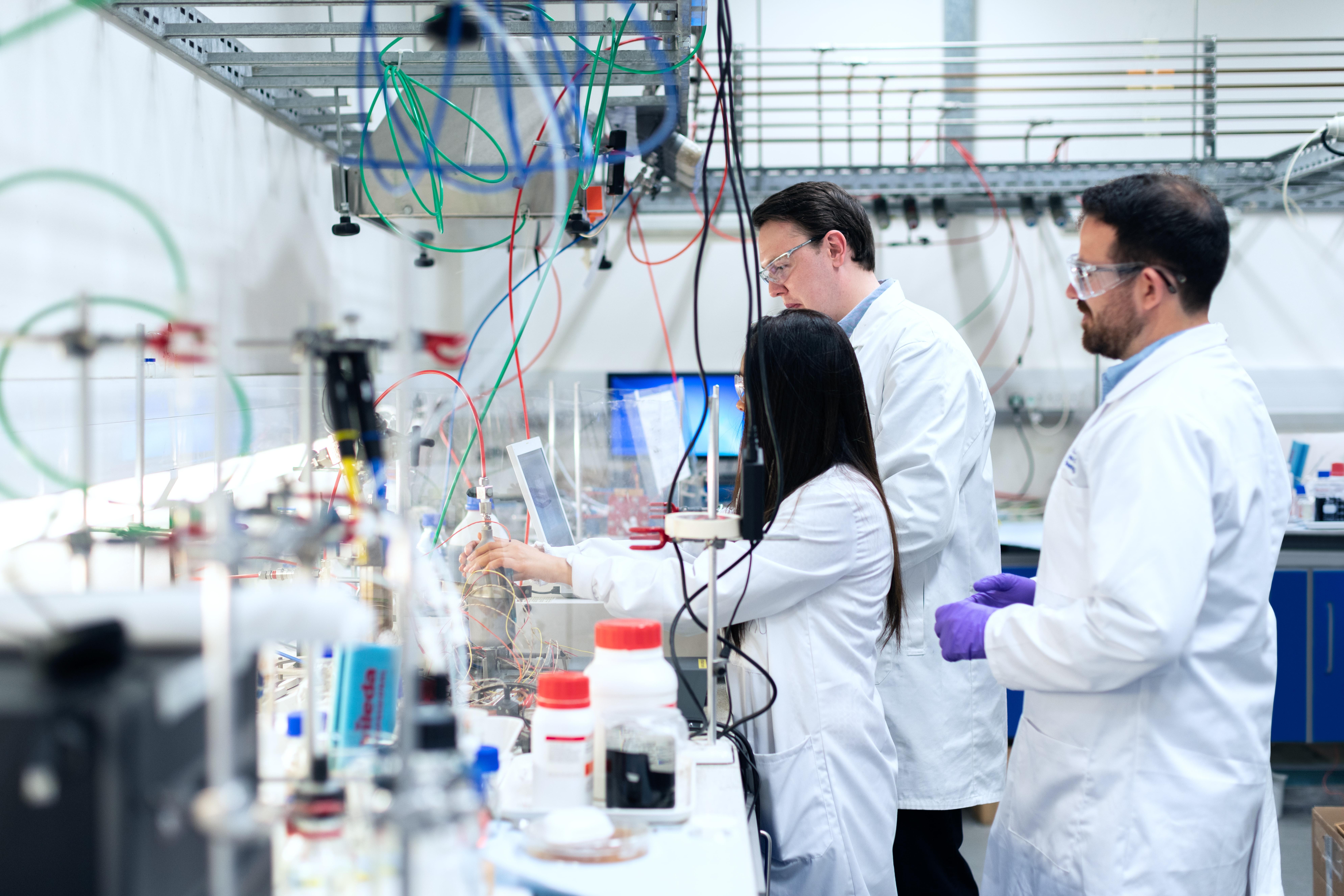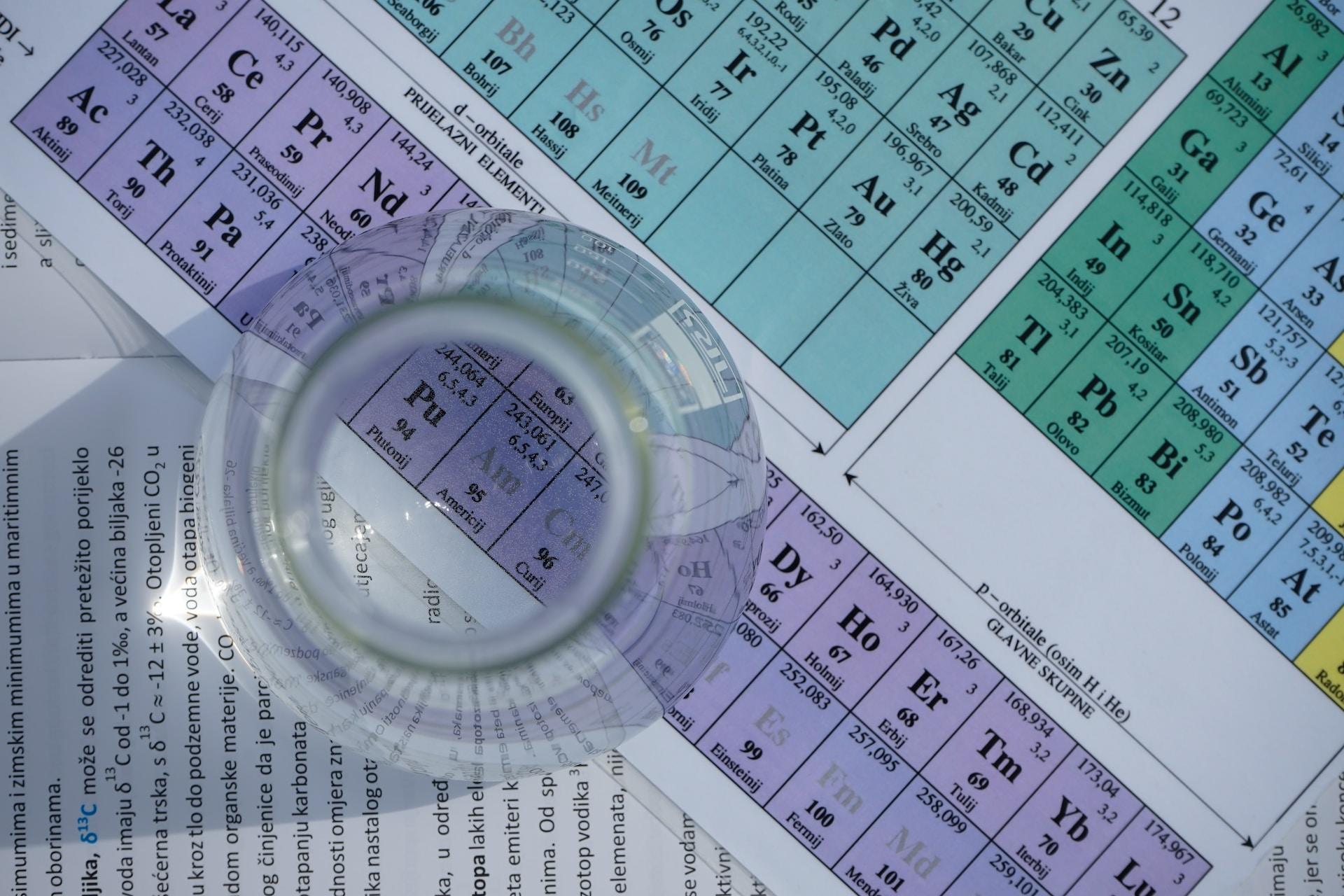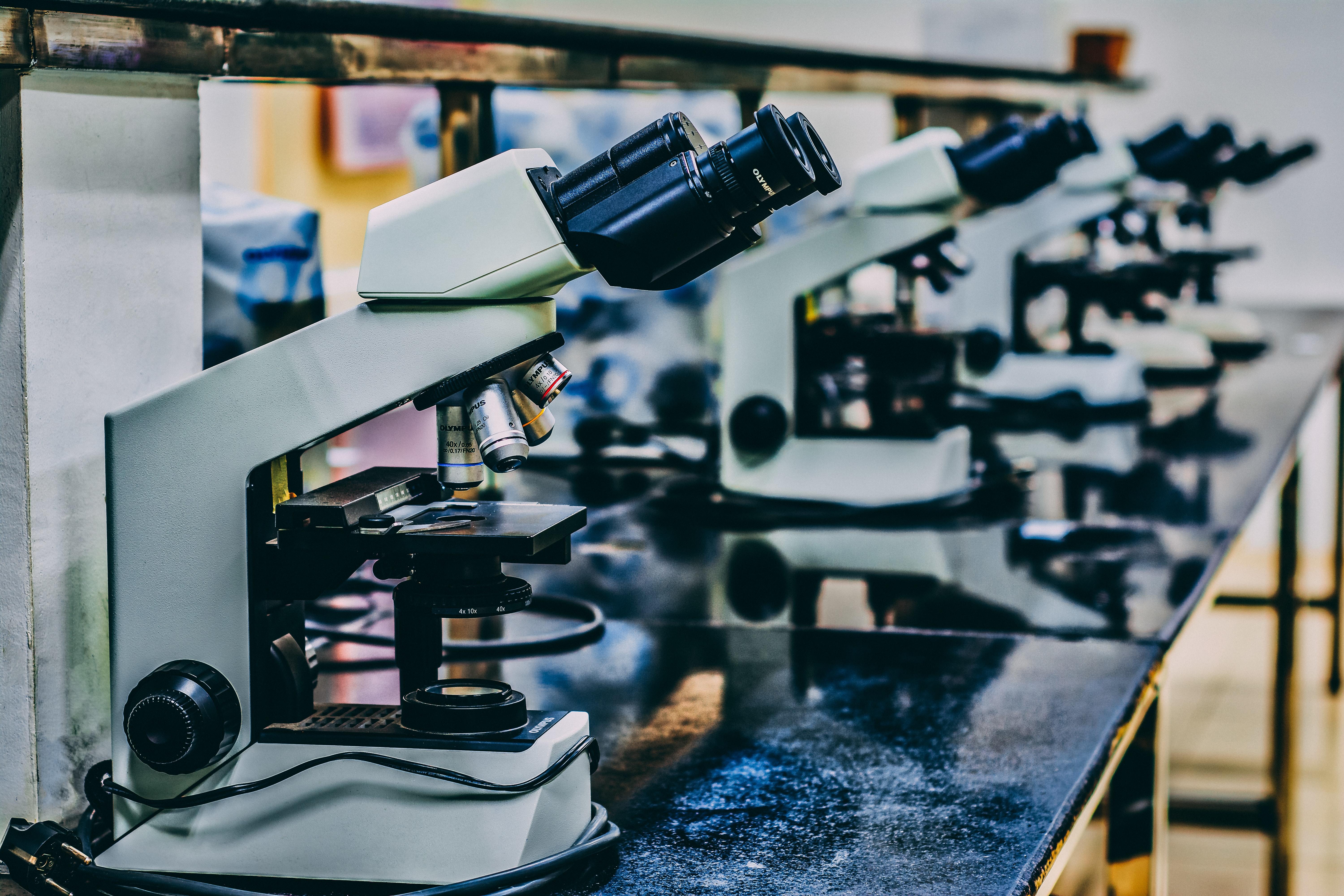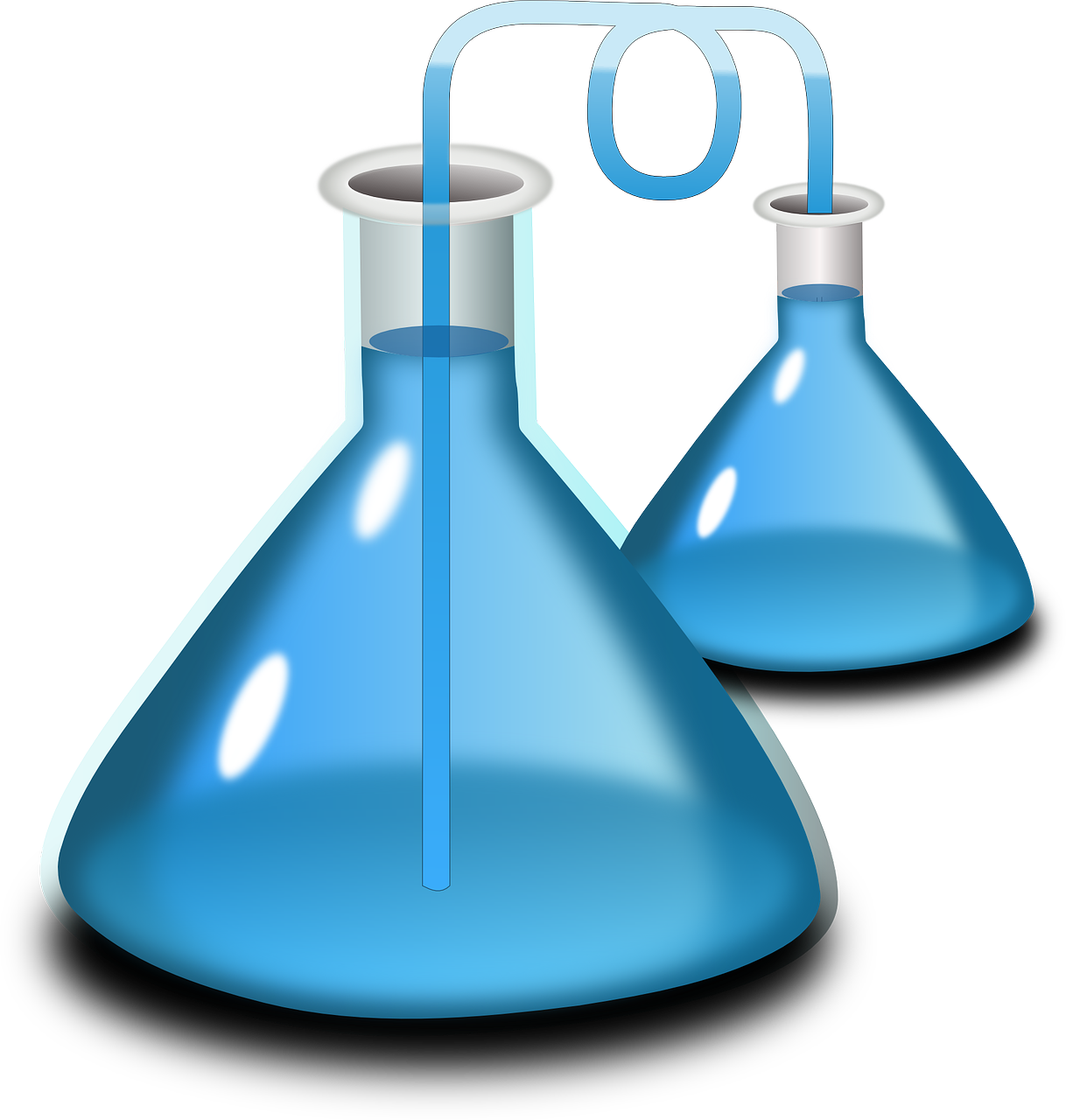10 Careers in Chemistry to Consider Chemistry is an expansive subject with lots of overlap with other sciences, making it a great subject to study if you like interdisciplinary work. It is also a field that offers a variety of career opportunities. Whether you want to pursue pure chemistry or combine it with other natural[…]
10 March 2025∙9 minutes to read
Which Degree in Chemistry to Study Chemistry underpins every aspect of scientific study, from the ionic level to compound materials. As such, it ranks among the most generous disciplines, in terms of career opportunities and satisfaction. This science has enormous impact in four areas in particular: pharmaceuticals, engineering, our food supply, and our environment. This[…]
20 February 2025∙8 minutes to read
The Quick Guide to VCE Chemistry Students in Victoria, usually in years 11 and 12, have the option to study for the Victorian Certificate of Education (VCE). Around two-thirds of applicable students in the state complete VCE studies. Generally, students are expected to take between 20 and 24 units for Years 11 and 12, which[…]
24 May 2023∙7 minutes to read
The Intro to HSC Chemistry You Need Most students have a system for choosing their Higher School Certificate (HSC) courses. They think about how each course fits into their future study and work plans, whether they find the subject interesting and how easy it might be to score high marks. Students in the know pick[…]
20 May 2023∙7 minutes to read
The What, Who, Where and How of Chemistry Lessons Chemistry, as a science, has fascinated humans for thousands of years. From as far back as 1700 BCE, people were studying known metals and had experience and knowledge of some of the chemical reactions we study today. In ancient Greece, in 430 BCE, Democritus proclaimed atoms[…]
1 August 2021∙7 minutes to read
Chemistry tutoring could help you get into your dream university course Every aspect of the world today – even politics and international relations – is affected by chemistry. -Linus Pauling This quote from famous American chemist and peace activist Linus Pauling is a great way to remind ourselves of the importance of study and innovation[…]
16 July 2021∙7 minutes to read
The Most Famous Chemists and What They Discovered When you think of a chemist, who comes to mind besides the drugs seller in your local shop? The chemists we discuss today are of a far loftier variety. They dedicated their lives to building our knowledge of the microscopic world by helping us understand how organisms[…]
27 February 2021∙7 minutes to read
Reviewing the Fundamentals of World Science Day "Science is simply the word we use to describe a method of organising our curiousity." -Tim Minchin Curious minds lead to innovative inventions. A feeding of that curiosity for today's youths is necessary to continue making the world a better place for years to come. The UK, and[…]
19 November 2020∙7 minutes to read
You'll Find All Things Chemistry Right Here Chemistry is a subject whose workings you see all around you. Just think for a little moment and you can be sure that each thing you consider – natural or artificial – functions or exists because of the discoveries we’ve made in this science. Lightbulbs? That’s chemistry. Refuelling[…]
20 December 2018∙7 minutes to read
What Resources to Call On for Chemistry Revision T’is that time of year again, when students start buckling down and really focusing on their upcoming exams... even though they will sit them months from now. As you well know, these exams, whether A-Levels or GCSEs, are life-changing. At the very least, they represent your chance[…]
13 November 2018∙7 minutes to read
How to Make Science Topics Fun For Kids All children have their own preferences and likes when it comes to the subjects that they learn about at school. Some children, for instance, may take easily to art and English classes, while others prefer history or languages. Some children may even prefer maths and the sciences[…]
6 November 2018∙6 minutes to read
Learning Chemistry
Chemistry is one of the most important school subjects that students learn. It is the study of the composition, structure, and properties of matter. It is a vital science that helps us to understand the world around us.
A good chemistry education can help students to pursue careers in many different fields, including medicine, engineering, and environmental science. It is essential for students to have a strong foundation in chemistry if they want to pursue higher levels of education in the sciences.
If you are looking for help with your chemistry studies, there are many great Superprof tutors available online and in your local area.
Chemistry is a fascinating and complex science that can be difficult to learn without assistance. If you’re looking for a way to learn chemistry, consider finding a chemistry tutor. A chemistry tutor can help you learn the basics of chemistry and give you the tools you need to succeed in your chemistry classes. If you’re not sure where to find a chemistry tutor, ask your teachers or friends for recommendations.
If you want to learn chemistry, here are a few tips to help you get started:
– Make a study schedule and stick to it.
– Get a good chemistry textbook and work through the exercises.
– Find a chemistry tutor who can help you learn the material.
– Watch science documentaries to learn more about the world of chemistry.
The Different Areas of Chemistry
There are many different areas of chemistry that students can learn about. Some of the most important areas include:
– Organic chemistry: This area of chemistry focuses on the study of carbon-based molecules. Organic molecules are found in all living things, and they play a vital role in the structure and function of cells.
– Inorganic chemistry: This area of chemistry focuses on the study of non-carbon-based molecules. Inorganic molecules are found in inorganic substances such as rocks and minerals.
– Physical chemistry: This area of chemistry focuses on the study of the physical properties of matter. Physical chemists use mathematics and physics to understand the behaviour of molecules.
– Analytical chemistry: This area of chemistry focuses on the separation and identification of chemicals. Analytical chemists use techniques such as spectroscopy to identify chemicals.
– Biochemistry: This area of chemistry focuses on the study of the structure and function of biological molecules. Biochemists study proteins, DNA, and other biomolecules.
Preparing for Chemistry exams
Chemistry is one of those subjects that can seem daunting to many students. The combination of formulas, periodic tables and reactions can be difficult to remember, never mind trying to apply them in an exam situation. However, with the right preparation and revision techniques, you can ace your Chemistry exam! Throughout our articles, we will discuss some tips that will help you prepare for your Chemistry exam.
The first step in preparing for your Chemistry exam is to revise the material that you have been taught in class. Make sure you are familiar with all the formulas, periodic tables and reactions. One way to revise is to make notes of the important information and keep them in a revision booklet.
Another important tip is to practise past Chemistry exams. This will help you become familiar with the types of questions that are likely to be asked and will give you a better idea of what to expect on the day of the exam.
Finally, try to remain calm and relaxed during the exam. Take some deep breaths and try to focus on the questions at hand. If you start to feel overwhelmed or stressed, take a break and come back to the questions later.

